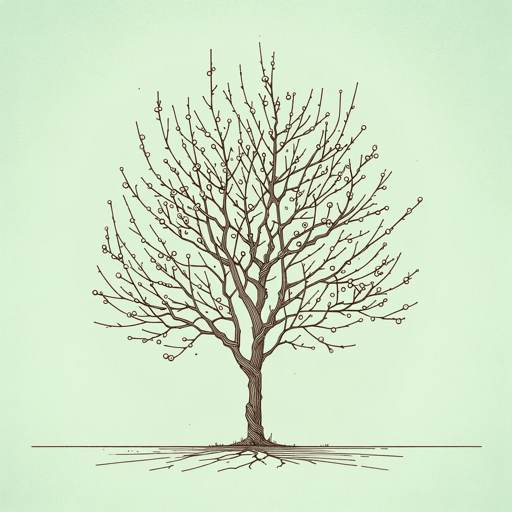46 pages • 1 hour read
Anton ChekhovThe Cherry Orchard
Fiction | Play | Adult | Published in 1904A modern alternative to SparkNotes and CliffsNotes, SuperSummary offers high-quality Study Guides with detailed chapter summaries and analysis of major themes, characters, and more.
Summary and Study Guide
Overview
Written in 1903 and first performed in 1904, The Cherry Orchard is the final work by acclaimed Russian playwright and author Anton Chekhov. Considered a classic of modern theater, the play tells the story of Lubov Andreyevna Ranevsky, an aristocratic Russian landowner who returns home after spending five years in Paris. She discovers that her family’s estate and renowned cherry orchard must be sold to cover debts.
The enterprising merchant Lopakhin offers Lubov a plan to save the estate by parceling the land and building villas that can be sold to the newly emerging middle class. However, she ignores his advice, and eventually, Lopakhin buys the estate during an auction, coming to own the land where his father and grandfather once labored as enslaved serfs. Filled with both comedy and tragedy, the play offers a portrait of the shifting social class structure in late 19th-century Russia while exploring themes of loss, social change, and the power of nostalgia.
This guide refers to the 2020 Stage Door Kindle edition translated by Julius West. The spelling of characters’ names can vary depending on the translation of the text.
Content Warning: The source text and this guide mention death by suicide.
Plot Summary
Act I begins in the nursery of Lubov Andreyevna Ranevsky’s estate. After her husband died and her seven-year-old son drowned, Lubov left for France with a new lover and lived there for five years. Lubov’s lover stole her money and abandoned her for another woman, following which Lubov attempted suicide. Now, however, her 17-year-old daughter Anya and Anya’s governess Charlotta are bringing Lubov home. Lubov’s brother Gaev, her adopted daughter Varya, the merchant Lopakhin, and servants Dunyasha, Epikhodov, and Fiers anxiously await her predawn arrival.
Lubov is delighted to be back home, but she must face the news that she has no money left, and her estate will soon be auctioned to cover her debts. Lopakhin, whose ancestors were serfs on Lubov’s estate, has a business proposition that might be a solution to this problem: He suggests that she can divide the estate into lots for villas, allowing her to save her fortune. However, to do this, Lubov would have to demolish her house and cut down the family’s beautiful cherry orchard. Gaev scoffs at this idea, and they are interrupted by the entrance of Peter Sergeyevitch Trofimov, the former tutor of Lubov’s deceased son. Lubov is brought to tears by the reminder of the tragedy and goes off to bed. With Lopakhin and Lubov gone, Gaev tells Anya and Varya that he is confident he can save the estate by borrowing some money. He insists they have nothing to worry about.
Act II takes place in a field in front of the cherry orchard. Dunyasha sits with Lubov’s valet Yasha, the clerk Epikhodov, and Charlotta. Epikhodov wants to marry Dunyasha, but she is more interested in Yasha. The others peel away, leaving Dunyasha and Yasha alone, but she rushes off when Lubov, Gaev, and Lopakhin arrive. Lopakhin is keen to discuss the orchard’s future, but Lubov is more interested in talking about her struggles in France. The old servant Fiers appears, bringing Gaev his coat. Trofimov, Anya, and Varya join them, and Trofimov begins to philosophize to the group about the importance of progress through hard work.
The sun sets, and everyone grows quiet. However, the silence is broken by a sound like a breaking string. Fiers remarks that he heard an owl make a similar sound right after the serfs’ emancipation. The group is unsettled by the sound and decides to go inside. Before they can leave, a vagrant appears. Even though Lubov has very little money left, she gives the man a gold coin. Everyone returns to the house except for Anya and Trofimov. She tells him that she no longer thinks the cherry orchard is so beautiful, and Trofimov replies that this is because it is a symbol of her ancestors’ history as serf owners: The orchard holds the memory of the serfs’ suffering.
Act III begins at the end of August during a party at Lubov’s house. There is music and dancing. However, the estate’s auction is being held right then, and the partygoers are awaiting Gaev’s return to see if he succeeded in purchasing the orchard. As the party continues, Charlotta performs magic tricks, Epikhodov and Yasha play billiards, and Dunyasha dances and flirts. Trofimov teases Varya, calling her Madame Lopakhin, since everyone expects her to marry Lopakhin, but he stops when Lubov scolds him. Lubov then asks Varya why she doesn’t marry Lopakhin. Varya says that he hasn’t asked her; he seems too busy getting rich to pay attention to her.
Finally, Lopakhin and Gaev return from the auction. Gaev is in tears and hurries into the billiards room without explaining what happened. Lopakhin announces that he bought the orchard. He now owns the estate where his father and grandfather were enslaved serfs. It feels like a dream to him. Lubov is shocked and distraught. Varya leaves the room in anger, and Anya comforts her mother.
Act IV opens back in the nursery, but the room has been disassembled for the family’s move. Lubov is returning to Paris with Yasha, Gaev is starting a job at a bank, Varya is moving for a housekeeping job, and Anya will stay in Russia to finish her education. Characters mill around, packing and saying their goodbyes. Lubov asks Lopakhin one more time if he plans to propose to Varya. He says that he will, but he never does. Anya is excited about her new life, and Gaev agrees that he feels better now that the orchard is sold. Everyone goes out to the carriages, leaving Gaev and Lubov alone in the nursery. They cry and hug one another, saying a final goodbye to the house.
After they leave, the sound of the cherry trees being chopped down comes from offstage. Fiers, the old servant, appears, and he discovers that he has been forgotten and locked in. He is feeling sick, so he decides to lie down; then, he doesn’t move. From somewhere outside, there is the sound of a string breaking, and the sound of the axe continues.
Related Titles
By Anton Chekhov
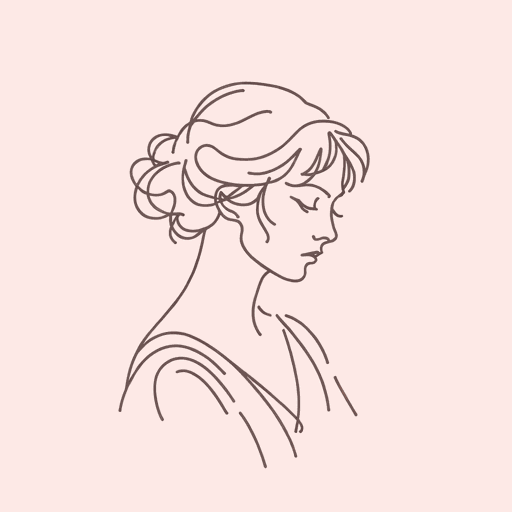
At Home
Anton Chekhov
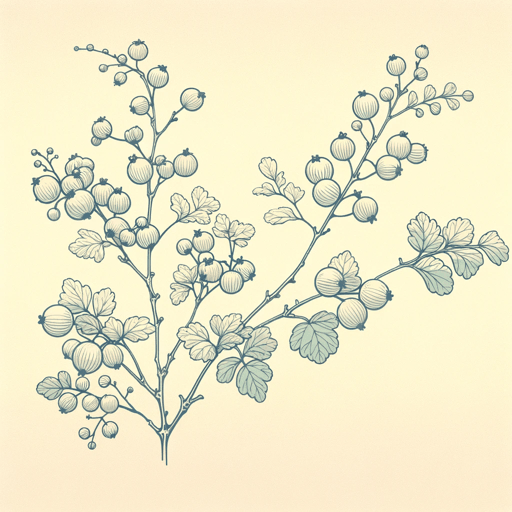
Gooseberries
Anton Chekhov
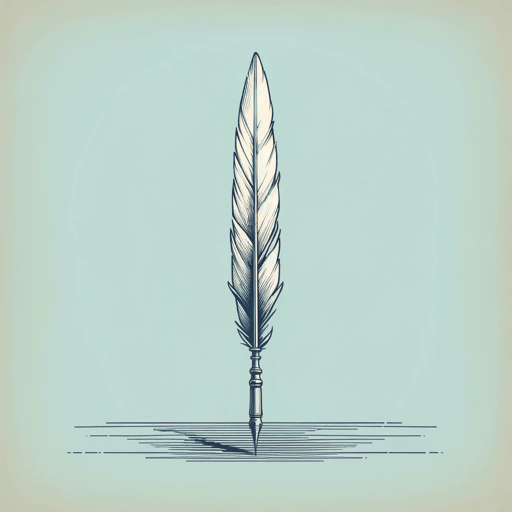
The Bet
Anton Chekhov

The Darling
Anton Chekhov
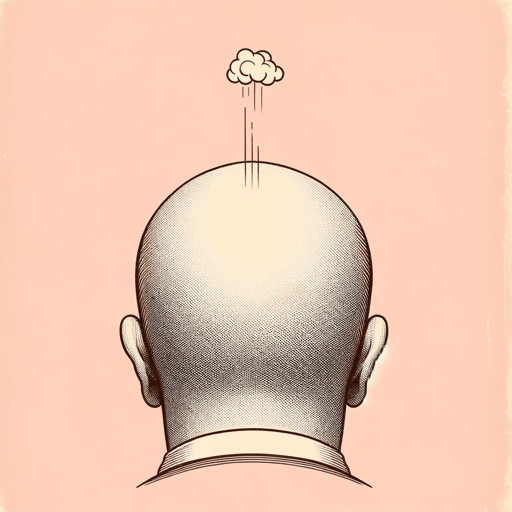
The Death of a Government Clerk
Anton Chekhov

The Duel
Anton Chekhov
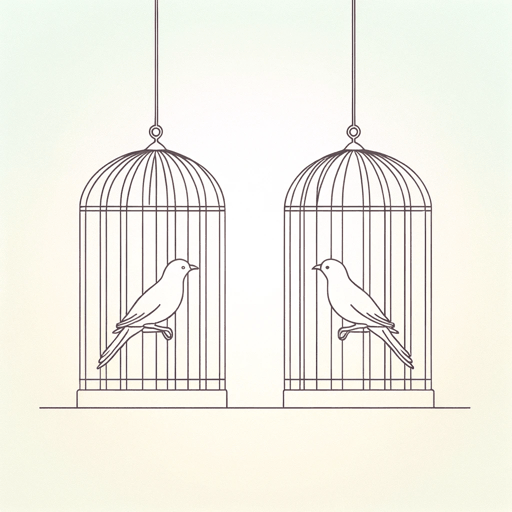
The Lady With The Dog
Anton Chekhov
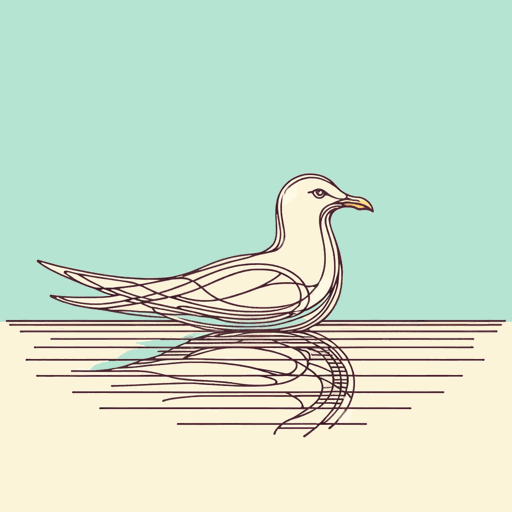
The Seagull
Anton Chekhov

Three Sisters
Anton Chekhov

Uncle Vanya
Anton Chekhov

Vanka
Anton Chekhov
